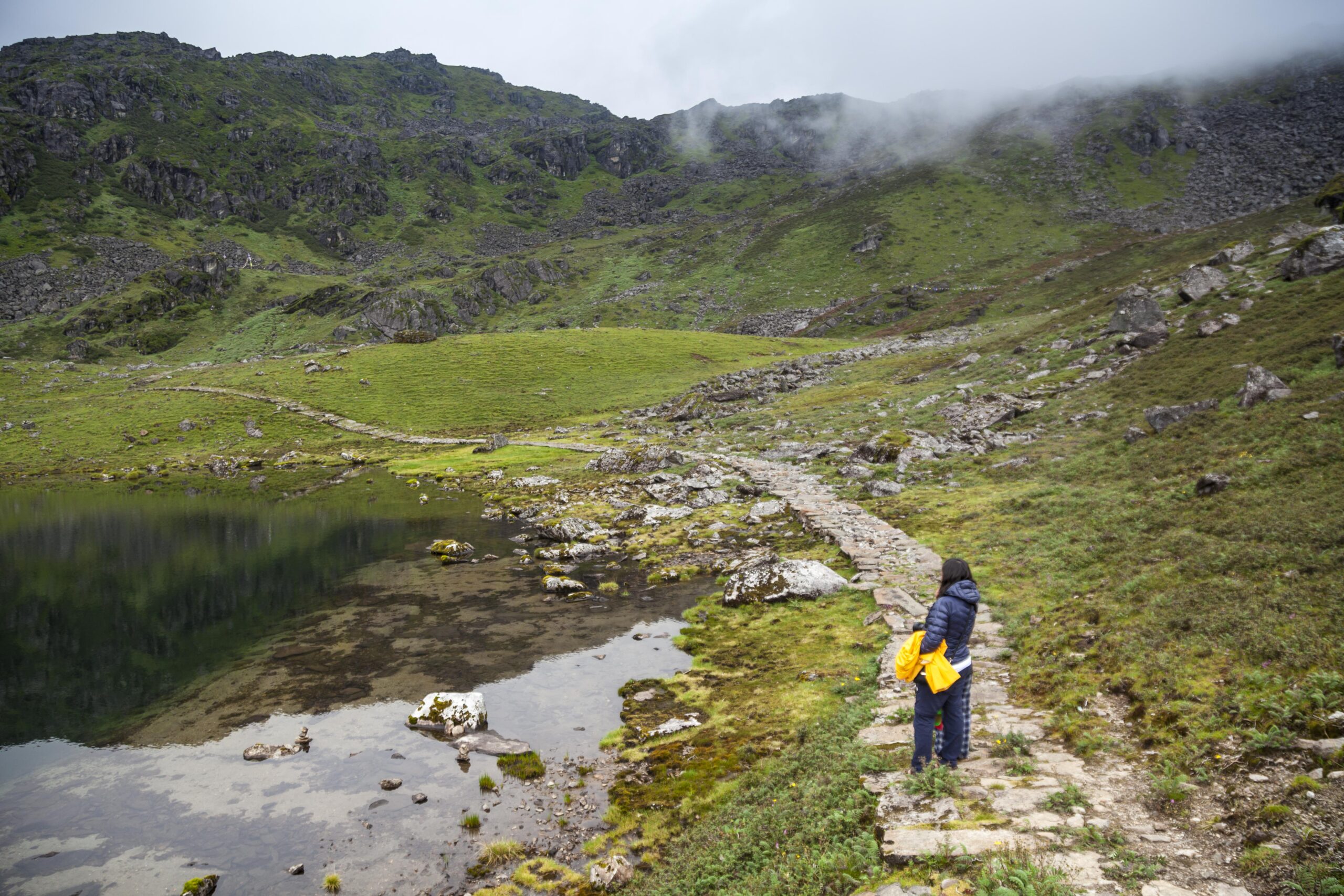Hiking is important for a variety of reasons, encompassing physical, mental, and even social benefits. Here are some of the key reasons why hiking holds significance:
-
Physical Health: Hiking is an excellent form of cardiovascular exercise that helps improve heart health, lung capacity, and overall fitness. It strengthens muscles, bones, and joints, promoting better balance and flexibility. Regular hiking can contribute to weight management and reduce the risk of chronic conditions like obesity, diabetes, and high blood pressure.
-
Mental Well-being: Hiking has numerous positive effects on mental health. It offers an opportunity to be immersed in nature, which can reduce stress, anxiety, and depression. Being in natural surroundings and away from the hustle and bustle of everyday life can help clear the mind, improve mood, and boost self-esteem. The physical activity and exposure to natural light during hiking also stimulate the release of endorphins, enhancing feelings of happiness and reducing feelings of fatigue.
-
Connection with Nature: Hiking provides a chance to connect with nature, appreciate its beauty, and develop a sense of awe and wonder. Spending time outdoors can foster a deeper understanding of our environment and encourage a desire to protect and conserve it.
-
Social Interaction: Hiking can be a social activity, whether it’s done with family, friends, or in organized groups. It promotes bonding and teamwork, and shared experiences in nature can create lasting memories and strengthen relationships.
-
Exploration and Adventure: Hiking allows you to explore new places, discover hidden gems, and experience the thrill of adventure. It offers a break from routine and presents opportunities to challenge yourself physically and mentally.
-
Stress Relief: Nature has a calming effect on the mind, and hiking provides an escape from the demands of daily life. The rhythmic walking and immersion in green spaces can lead to a reduction in stress levels and promote relaxation.
-
Cognitive Benefits: Hiking stimulates the brain and can enhance cognitive function. Navigating trails, interpreting maps, and problem-solving during a hike can improve spatial awareness, memory, and decision-making skills.
-
Environmental Awareness: Hiking exposes people to different ecosystems and environments, fostering a greater understanding of the natural world and the importance of preserving it for future generations.
-
Accessibility: Hiking is a relatively accessible outdoor activity. It can be adapted to various fitness levels, and there are trails available for all ages and abilities.
-
Sustainable Tourism: Hiking can contribute to sustainable tourism and economic growth in local communities that depend on nature-based activities. It can promote conservation efforts and provide incentives for preserving natural areas.
Overall, hiking is essential for maintaining a healthy and balanced lifestyle, promoting mental well-being, and fostering a deeper connection with nature and the environment.

